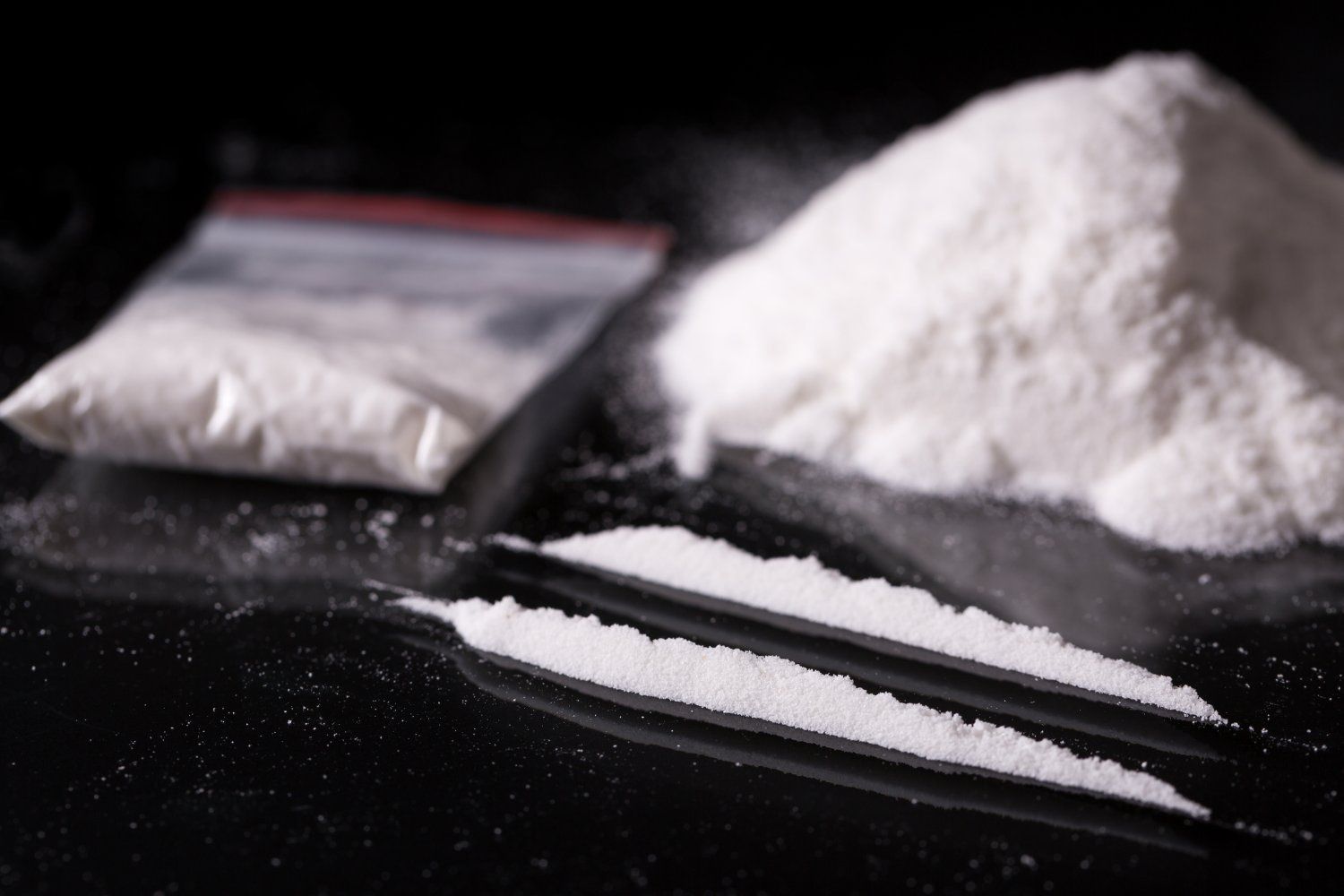
Experimental Drug Shows Promise in Cocaine Addiction Treatment
There's encouraging news for individuals battling cocaine addiction. Recent clinical trial results indicate that an experimental drug, mavoglurant, developed by Novartis, has shown potential in reducing cocaine use among individuals with cocaine use disorder.
This Phase II trial, involving 68 participants diagnosed with cocaine use disorder, was led by Novartis scientists. The study revealed that participants who received mavoglurant experienced a reduction in both cocaine and alcohol consumption over a three-month period compared to those who received a placebo.
The Need for New Treatments
While further validation is necessary, mavoglurant could potentially become the first approved medication specifically designed to treat cocaine use disorder. The misuse of cocaine and similar stimulants, such as methamphetamine and prescription stimulants, is a significant concern. In the U.S., it is estimated that 10.2 million Americans over the age of 12 misused stimulants in 2022, and approximately 4.5 million met the criteria for stimulant use disorder.
The rise in stimulant misuse is contributing to an increase in overdose deaths, especially when combined with other substances like opioids. Currently, the primary treatments for stimulant misuse are psychosocial interventions like counseling and cognitive behavioral therapy. There are no approved medications to specifically reduce cocaine cravings, and off-label options have had limited success. This underscores the urgent need for new and effective treatment options, a need that mavoglurant may potentially address.
Mavoglurant: A Repurposed Drug
Mavoglurant was initially developed to treat Fragile X syndrome, a genetic condition, but it proved ineffective in large clinical trials. The drug works by blocking the mGluR5 receptor, which some studies suggest plays a role in regulating our reward response to stimulants. Researchers at Novartis hypothesized that mavoglurant could be repurposed as a treatment for stimulant use disorder.
Trial Results and Future Research
In the recent trial, participants with cocaine use disorder were randomly assigned to receive either a placebo or mavoglurant (in pill form) twice daily for 98 days. Cocaine use was assessed through self-reporting, urine tests, and hair tests.
The results indicated that mavoglurant significantly reduced cocaine use compared to the placebo, a finding supported by urine tests. There was also some evidence suggesting a reduction in alcohol use. The drug was generally well-tolerated, with common side effects including headache, dizziness, and nausea.
"In this small and short trial, mavoglurant reduced cocaine and alcohol use in patients with chronic cocaine use disorder," the researchers stated in their publication in Science Translational Medicine.
The researchers emphasize the need for larger, more diverse, and longer-lasting trials to confirm these findings. However, given the current lack of treatment options, this research represents a promising step forward in addressing stimulant use disorder. The potential impact on alcohol use also suggests that mGluR5 may play a broader role in regulating our response to alcohol, potentially opening up new research avenues.
Source: Gizmodo